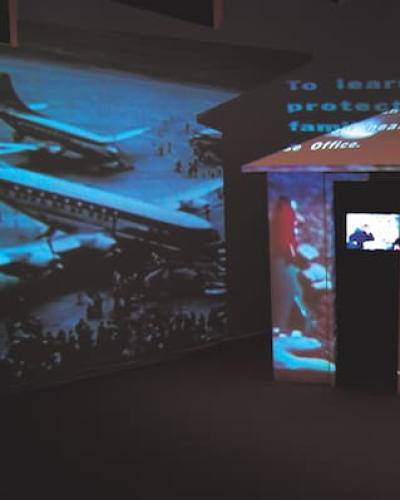The Society for the Humanities calls for scholarly reflections on risk. We seek interdisciplinary projects that reflect on historical, theoretical, and global understandings of risk as a concept and a reality that lies at the heart of the humanities and the arts. The Society wishes to open the question of how risk shapes the humanities and how the humanities might dialogue with broader biological, ecological, economic, and technological approaches to risk.
We invite considerations of how risk might be inherent to the humanities. Scholars could reflect on the relation of accident, danger, and uncertainty in cross-historical letters and arts. How might risk lie at the heart of ritual and religion / legislation and government / letters and art? Some scholars might consider the philosophy and anthropology of probability and chance or even the history or theory of gaming. How do scholarly and artistic practices that cut across and against boundaries depend on and profit from risk?
Questions of geographies and environments at risk raise adjacent considerations of travel, politics, and transgression. What is the relation of the humanities and the arts to “risk society,” “writers at risk,” or “risk territory”? From risky behavior and risky thinking to risk in sexuality or the risk of torture, from questions of terror to threats of surveillance, from the transgression of creative production to the mixtures of cultures, peoples, and religions, risk @ humanities sits on unstable terrain. What might it mean to research the humanities in relation to economic collapse, environmental degradation, immunological threat, or military incursion?
Artistic form and practice themselves also contribute to an ongoing understanding of risk. How might experiments in new media, performance, film, literature, music, art, and architecture articulate aesthetic interventions across the topography of risk? Might new electronic and digital networks, mobilities, and artistic projects threaten or empower the arts? Are indigenous or traditional practices at risk in the age of global communication and exchange? These questions are meant to suggest, not delimit, possible approaches to the focal theme.

